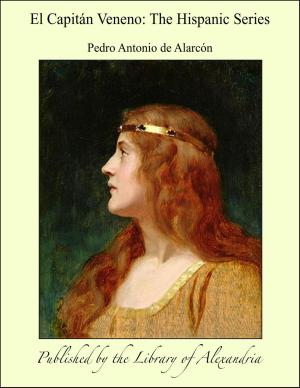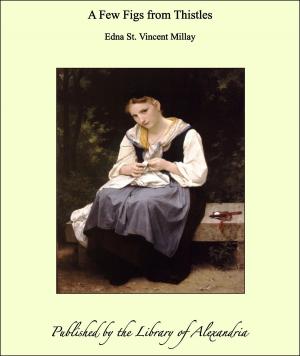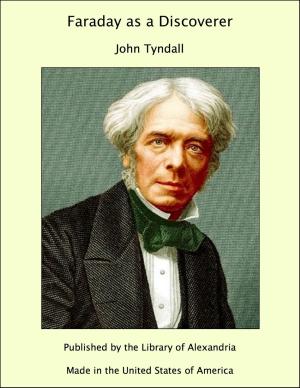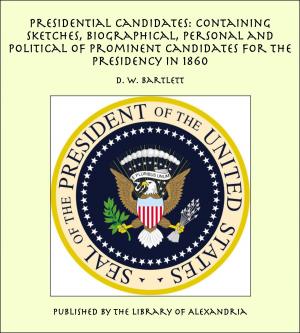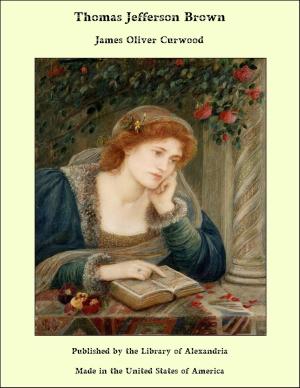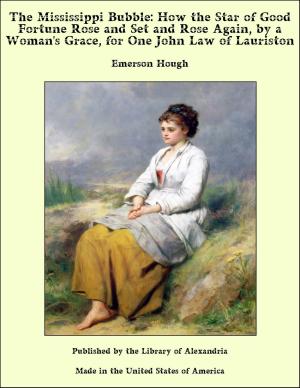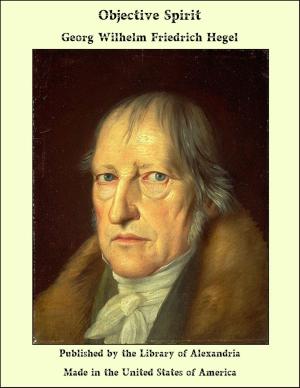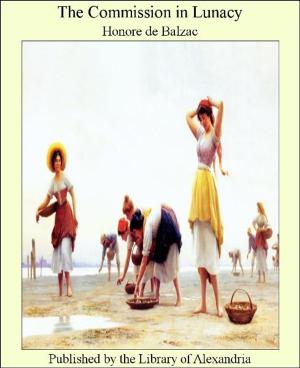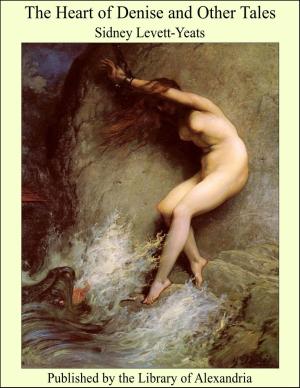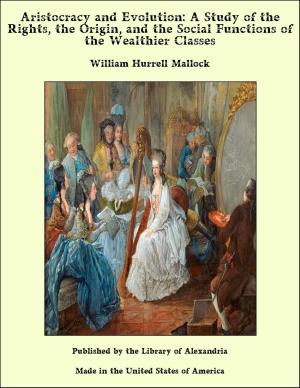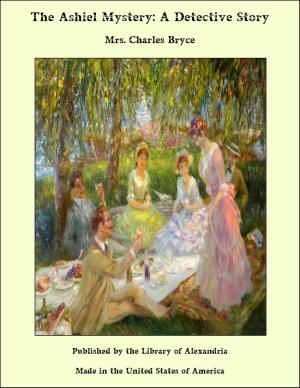The Spanish Armada, 1588: The Tapestry Hangings of the House of Lords Representing the Several Engagements Between the English and Spanish Fleets
Nonfiction, Religion & Spirituality, New Age, History, Fiction & Literature| Author: | John Pine | ISBN: | 9781465619464 |
| Publisher: | Library of Alexandria | Publication: | March 8, 2015 |
| Imprint: | Language: | English |
| Author: | John Pine |
| ISBN: | 9781465619464 |
| Publisher: | Library of Alexandria |
| Publication: | March 8, 2015 |
| Imprint: | |
| Language: | English |
THE Author and Undertaker of this ever memorable Expedition was Philip II. King of Spain, eldest Son of the renowned Emperor Charles V. In the Year 1554, he married Mary I. Queen of England, with a View of uniting, by this Marriage, the EnglishDominions to those large and noble Territories of which he was Heir-Apparent. But all his Projects were defeated by a False-Conception the Queen had in 1555; and especially by her Death, which happened on Novemb. 17, 1558.—In 1555, October 25, he became King of Spain, and the Dominions and Territories thereunto belonging, upon the voluntary Resignation of his Father CharlesV. As to King Philip’s real Views and Motives in this Expedition, they seem to have been these: I. A firm Hope and certain Prospect as he imagin’d, of easily acquiring so considerable an Addition to his Dominions, as the flourishing Kingdoms of England andIreland. Kingdoms whose Advantages and Excellencies he was well acquainted withal; and from whence he could be continually supplied with Tin, Lead, Wool, and many other useful, necessary, and profitable Commodities. II. He was also excited by another Motive, which is generally sufficient for Conquerors; and it was this: England and Irelandstood very convenient for him, as being near his Dominions in the Low-Countries; and might, by their advantageous Situation, and the many good Harbours they abound with, have rendered him Master of the Trade and Navigation of these Northern Parts of the World; and, what is more, they would have enabled him to carry it on throughout all North and South-America, exclusively of all others; which is such an Advantage as cannot well be expressed. III. Moreover these Islands had proved, and might always prove a grievous Thorn in his Side. For, by reason of their Situation, the English could, at any Time, almost totally obstruct the Navigation of the Netherlands, and destroy all their Traffick by Sea. Because, as it must unavoidably be carried on almost within Sight of the British Coasts, so long as the Inhabitants of those Islands remained independent of him, and were Masters at Sea, they could seize, with the utmost Ease, the Shipping sent from the Ports ofFlanders to the several Parts of the World. What lay therefore so convenient, and was in other Hands so dangerous a Neighbour, must be purchas’d at any Rate. IV. Revenge may be assigned as another Motive of this Expedition. Queen Elizabeth had assisted all along the States of the United Provinces, in their several Attempts to shake off the Spanish Yoke. Now, that surely was a very great Provocation: And Forgiveness of Injuries, it is well known, was then, no more than at present, a Spaniard’s Virtue. To be revenged therefore of such a constant Enemy as Elizabeth had been, may well be suppos’d to have been an additional Inducement to this Undertaking.
THE Author and Undertaker of this ever memorable Expedition was Philip II. King of Spain, eldest Son of the renowned Emperor Charles V. In the Year 1554, he married Mary I. Queen of England, with a View of uniting, by this Marriage, the EnglishDominions to those large and noble Territories of which he was Heir-Apparent. But all his Projects were defeated by a False-Conception the Queen had in 1555; and especially by her Death, which happened on Novemb. 17, 1558.—In 1555, October 25, he became King of Spain, and the Dominions and Territories thereunto belonging, upon the voluntary Resignation of his Father CharlesV. As to King Philip’s real Views and Motives in this Expedition, they seem to have been these: I. A firm Hope and certain Prospect as he imagin’d, of easily acquiring so considerable an Addition to his Dominions, as the flourishing Kingdoms of England andIreland. Kingdoms whose Advantages and Excellencies he was well acquainted withal; and from whence he could be continually supplied with Tin, Lead, Wool, and many other useful, necessary, and profitable Commodities. II. He was also excited by another Motive, which is generally sufficient for Conquerors; and it was this: England and Irelandstood very convenient for him, as being near his Dominions in the Low-Countries; and might, by their advantageous Situation, and the many good Harbours they abound with, have rendered him Master of the Trade and Navigation of these Northern Parts of the World; and, what is more, they would have enabled him to carry it on throughout all North and South-America, exclusively of all others; which is such an Advantage as cannot well be expressed. III. Moreover these Islands had proved, and might always prove a grievous Thorn in his Side. For, by reason of their Situation, the English could, at any Time, almost totally obstruct the Navigation of the Netherlands, and destroy all their Traffick by Sea. Because, as it must unavoidably be carried on almost within Sight of the British Coasts, so long as the Inhabitants of those Islands remained independent of him, and were Masters at Sea, they could seize, with the utmost Ease, the Shipping sent from the Ports ofFlanders to the several Parts of the World. What lay therefore so convenient, and was in other Hands so dangerous a Neighbour, must be purchas’d at any Rate. IV. Revenge may be assigned as another Motive of this Expedition. Queen Elizabeth had assisted all along the States of the United Provinces, in their several Attempts to shake off the Spanish Yoke. Now, that surely was a very great Provocation: And Forgiveness of Injuries, it is well known, was then, no more than at present, a Spaniard’s Virtue. To be revenged therefore of such a constant Enemy as Elizabeth had been, may well be suppos’d to have been an additional Inducement to this Undertaking.

